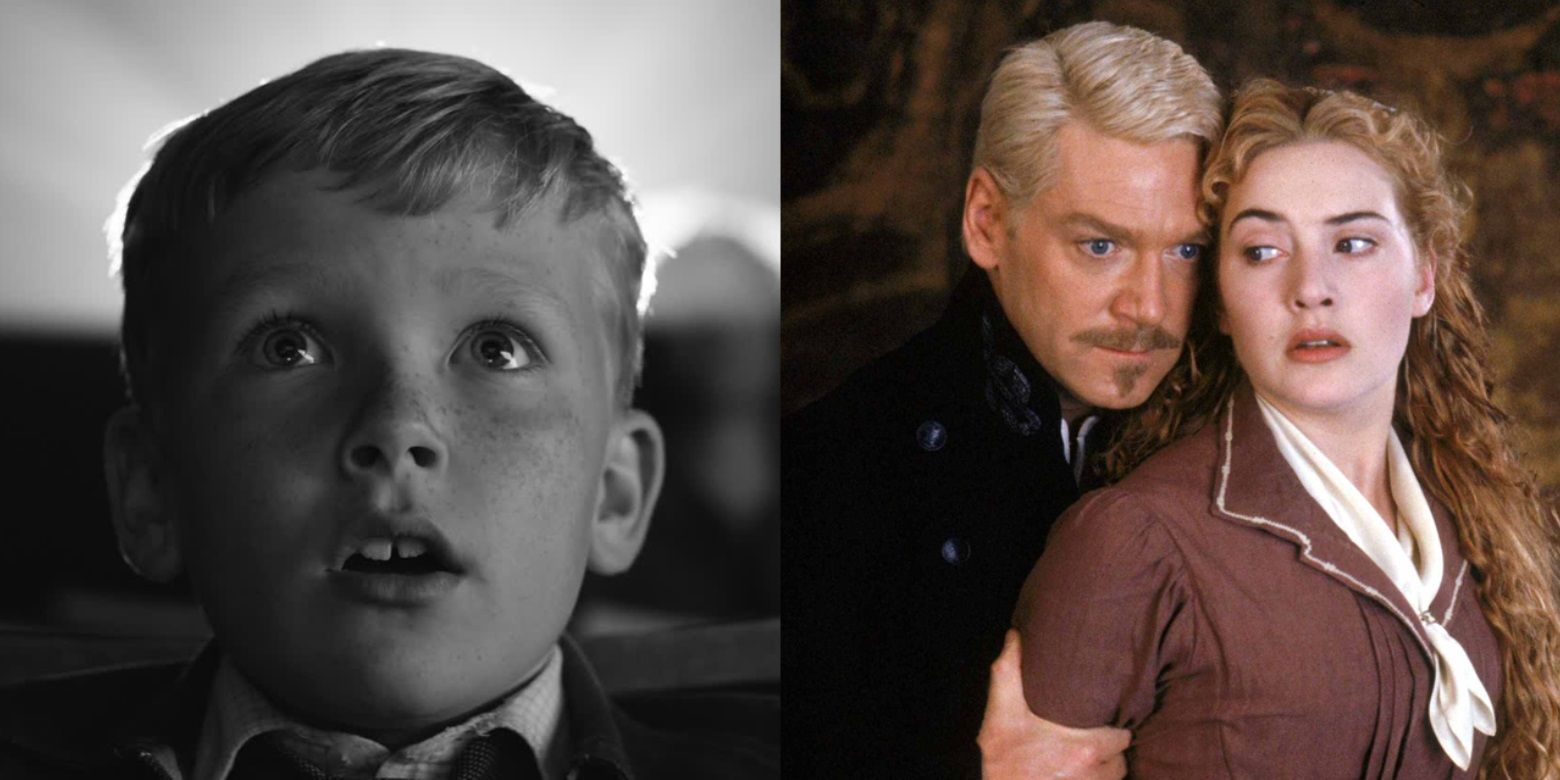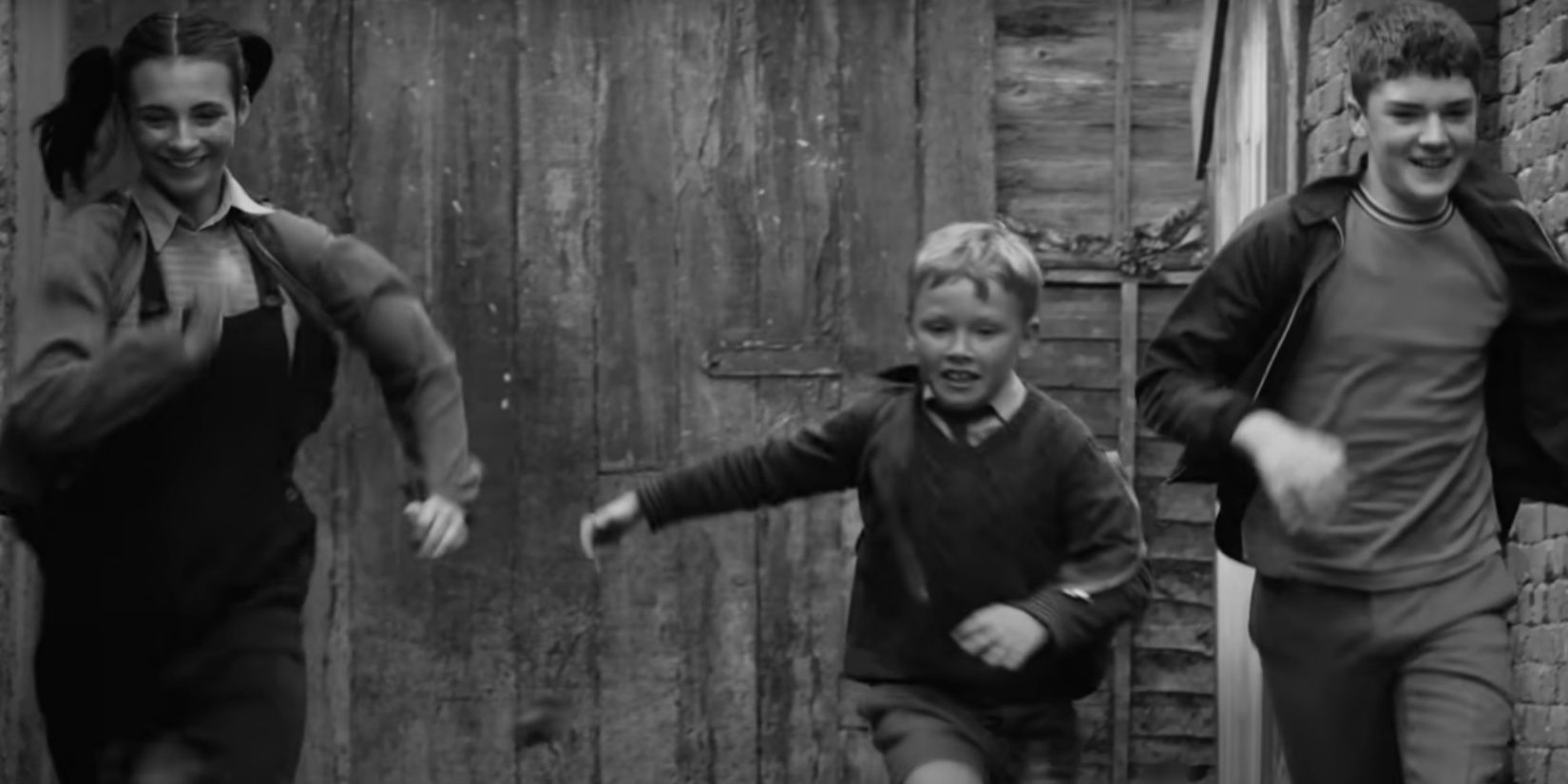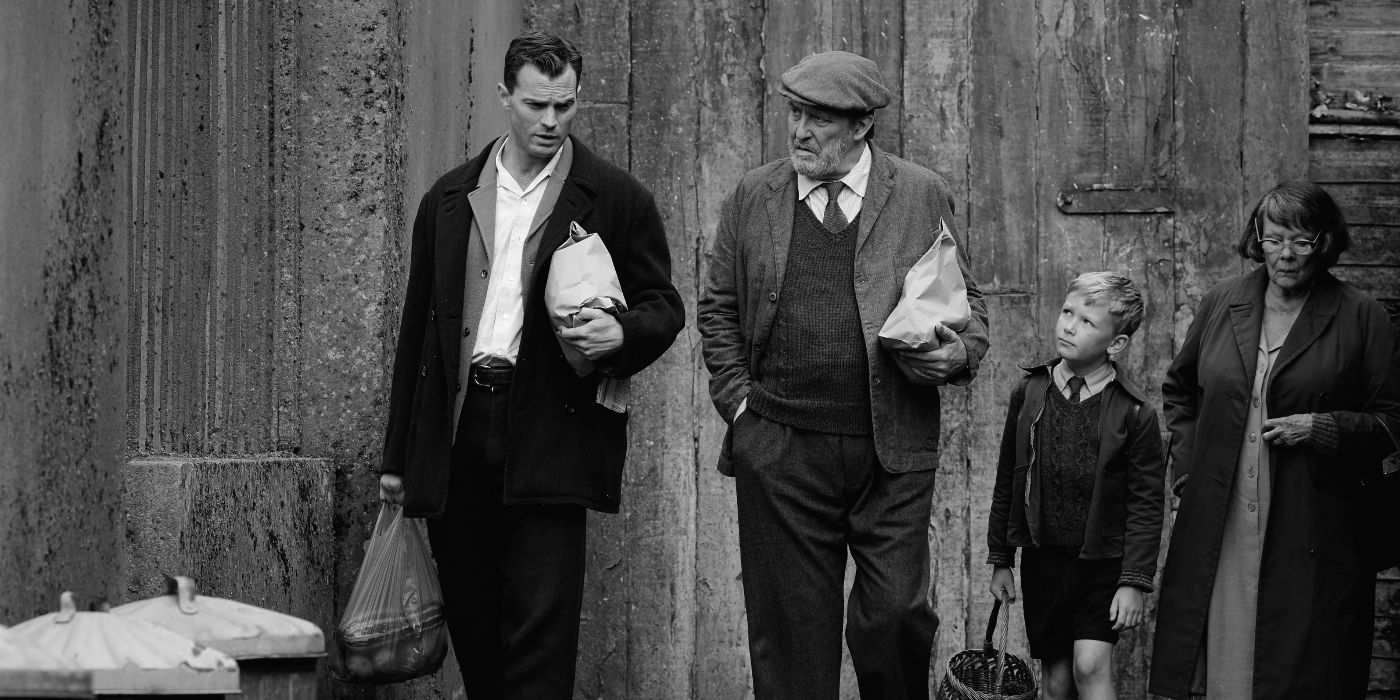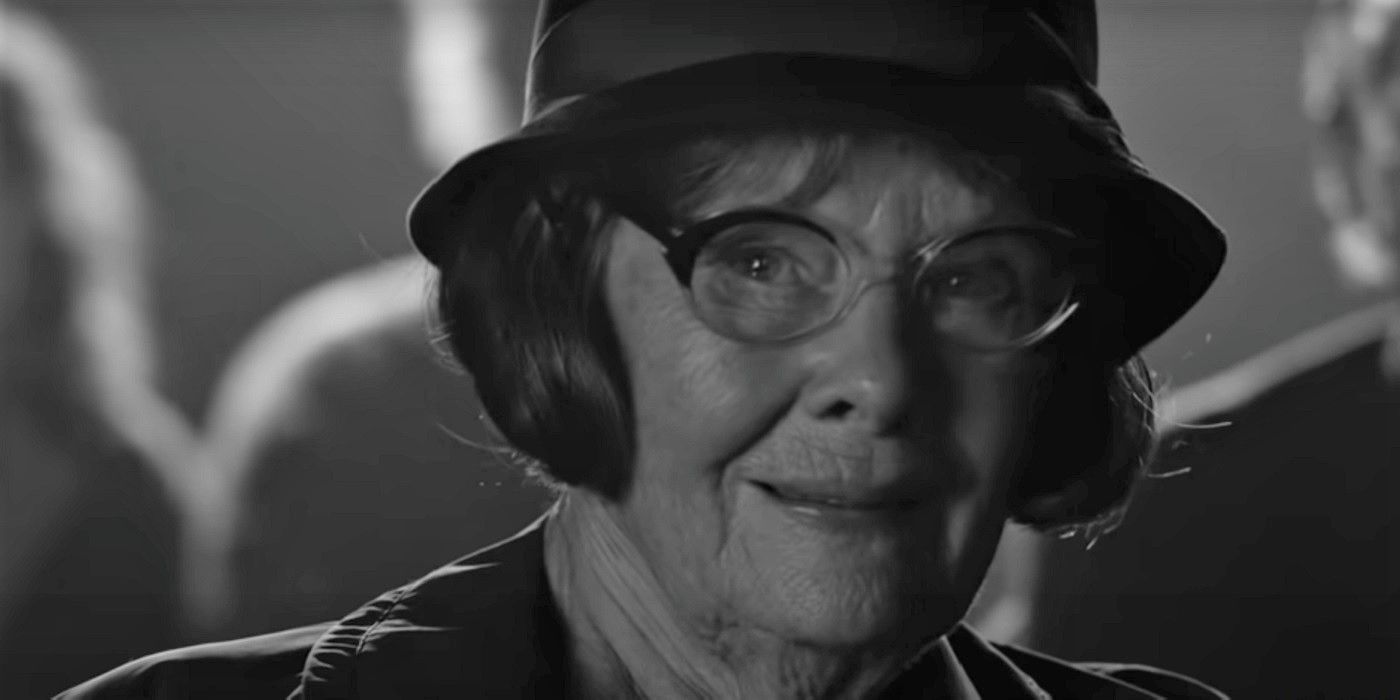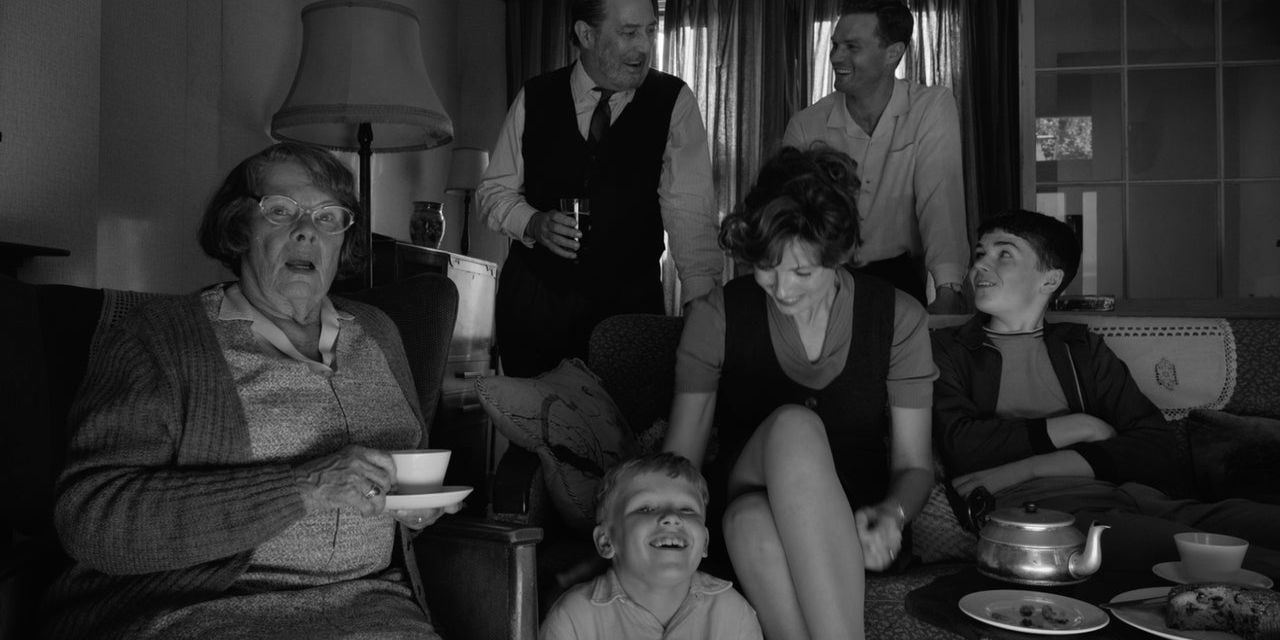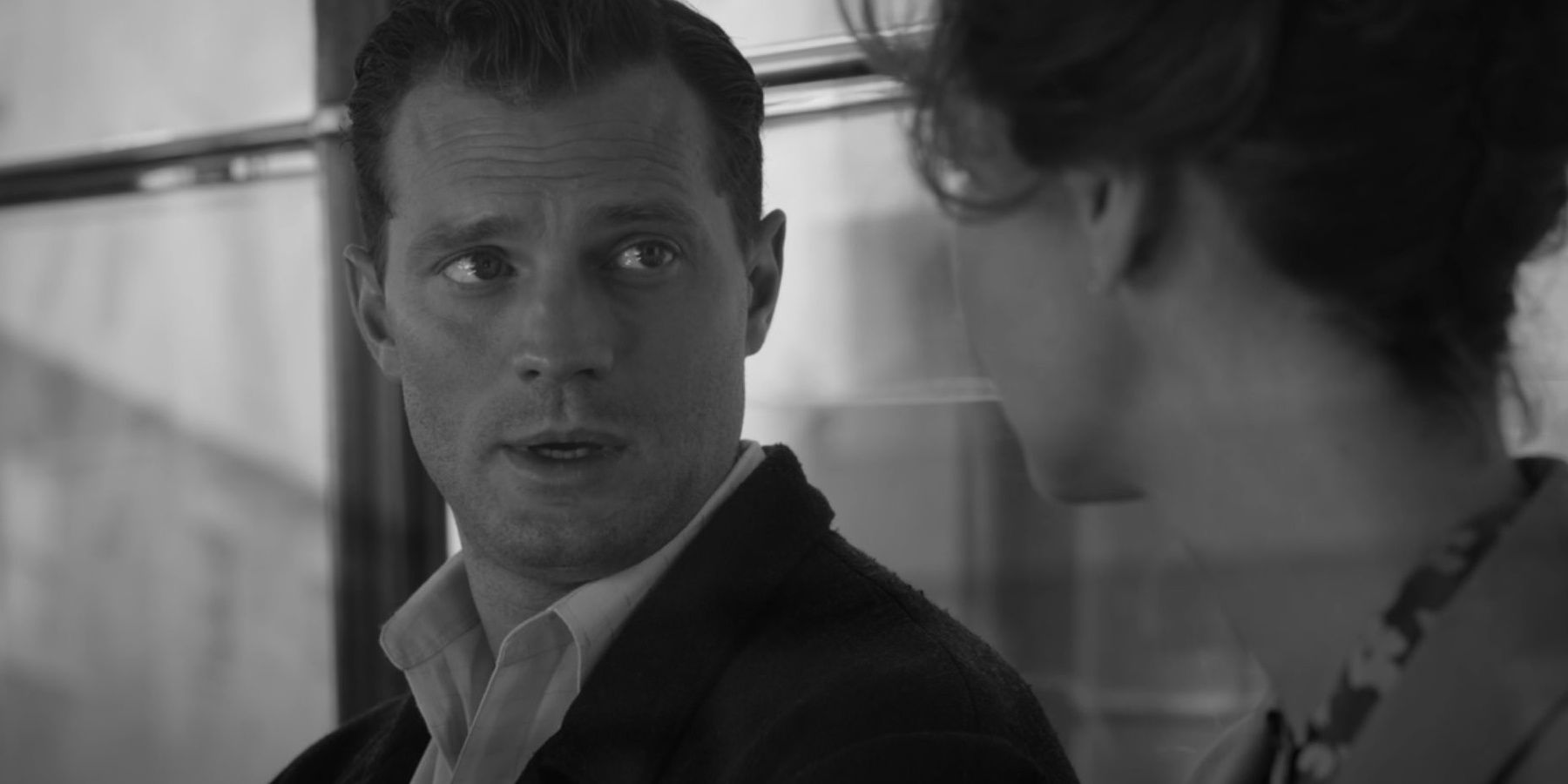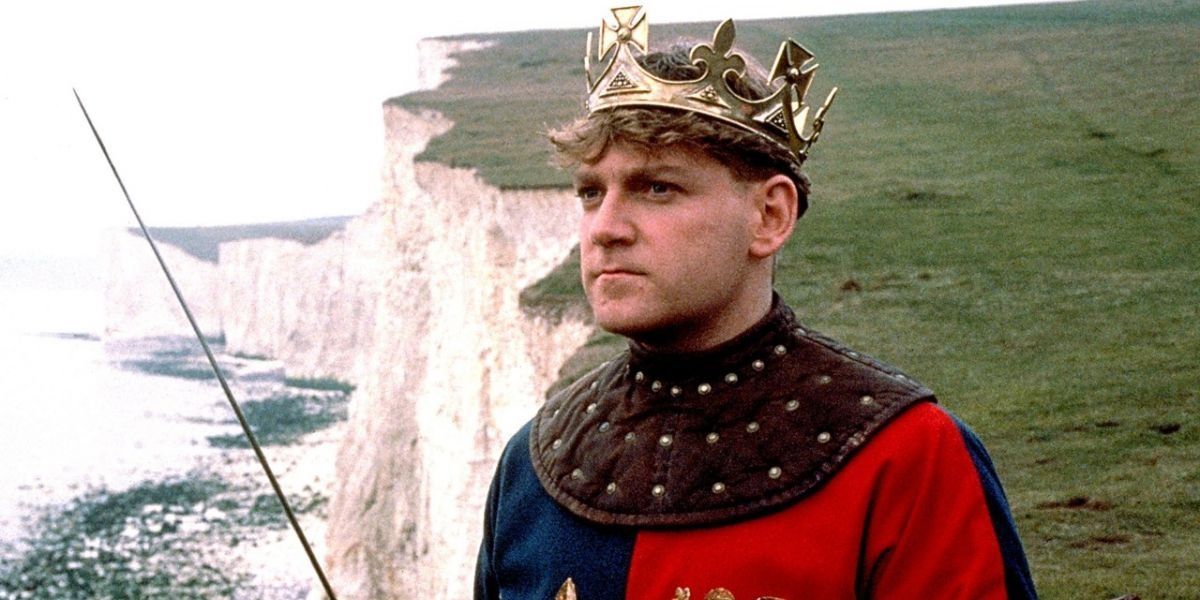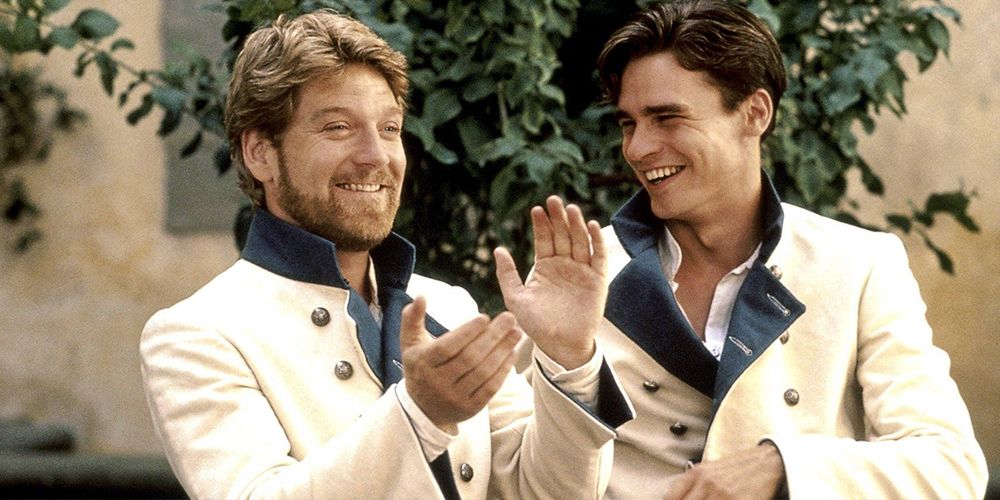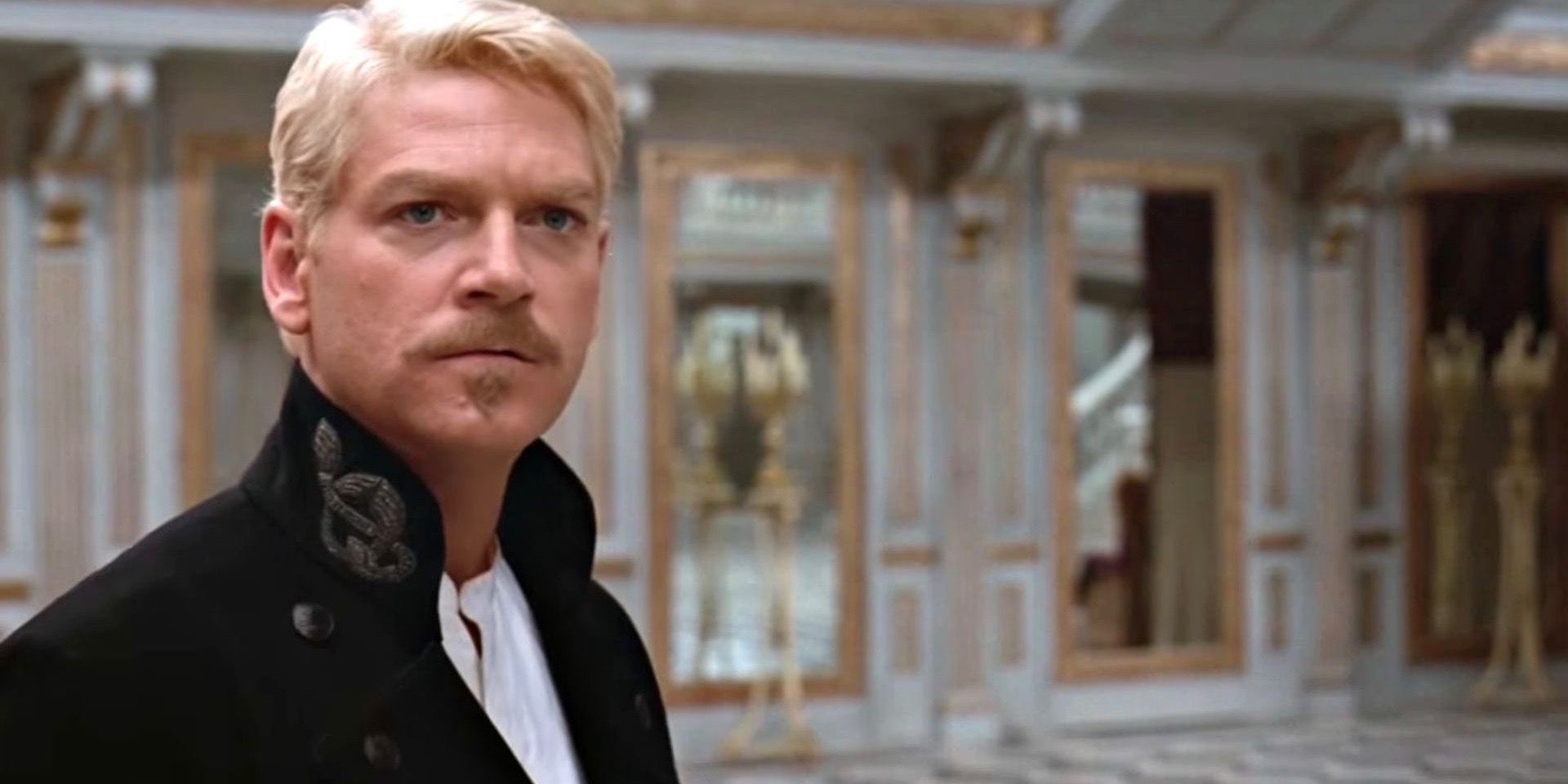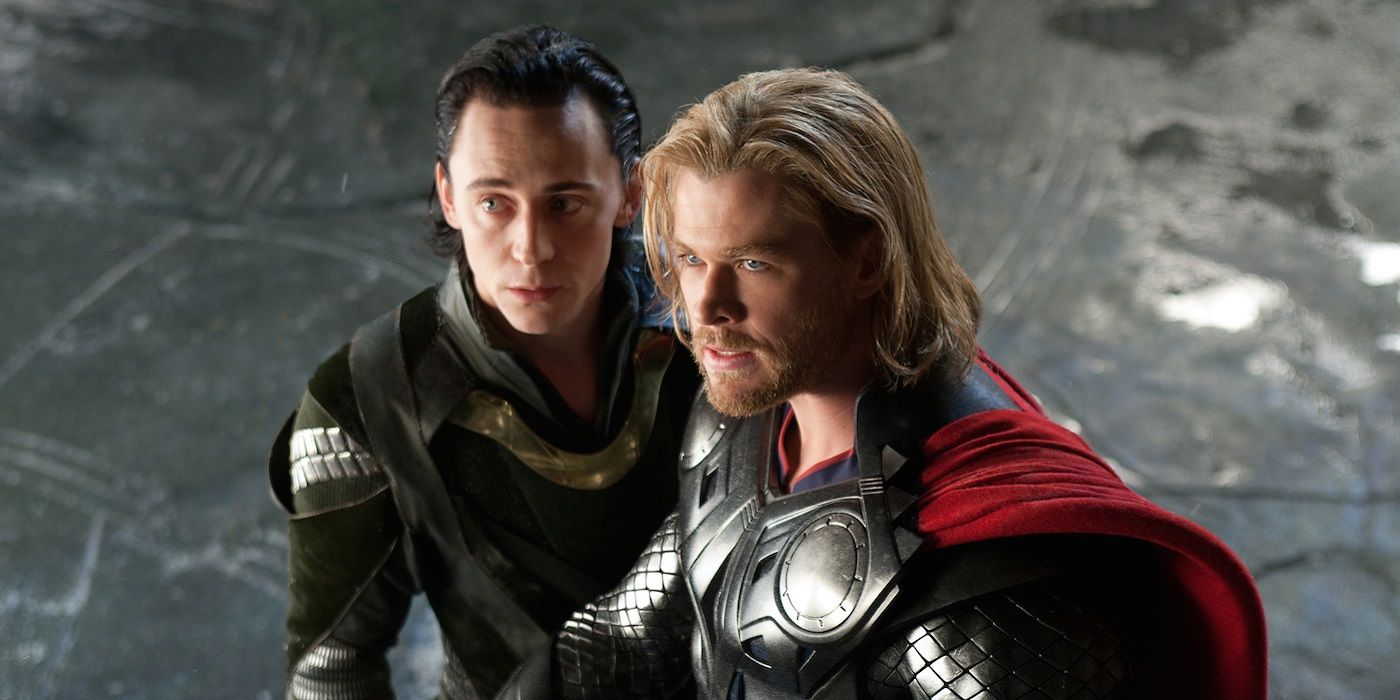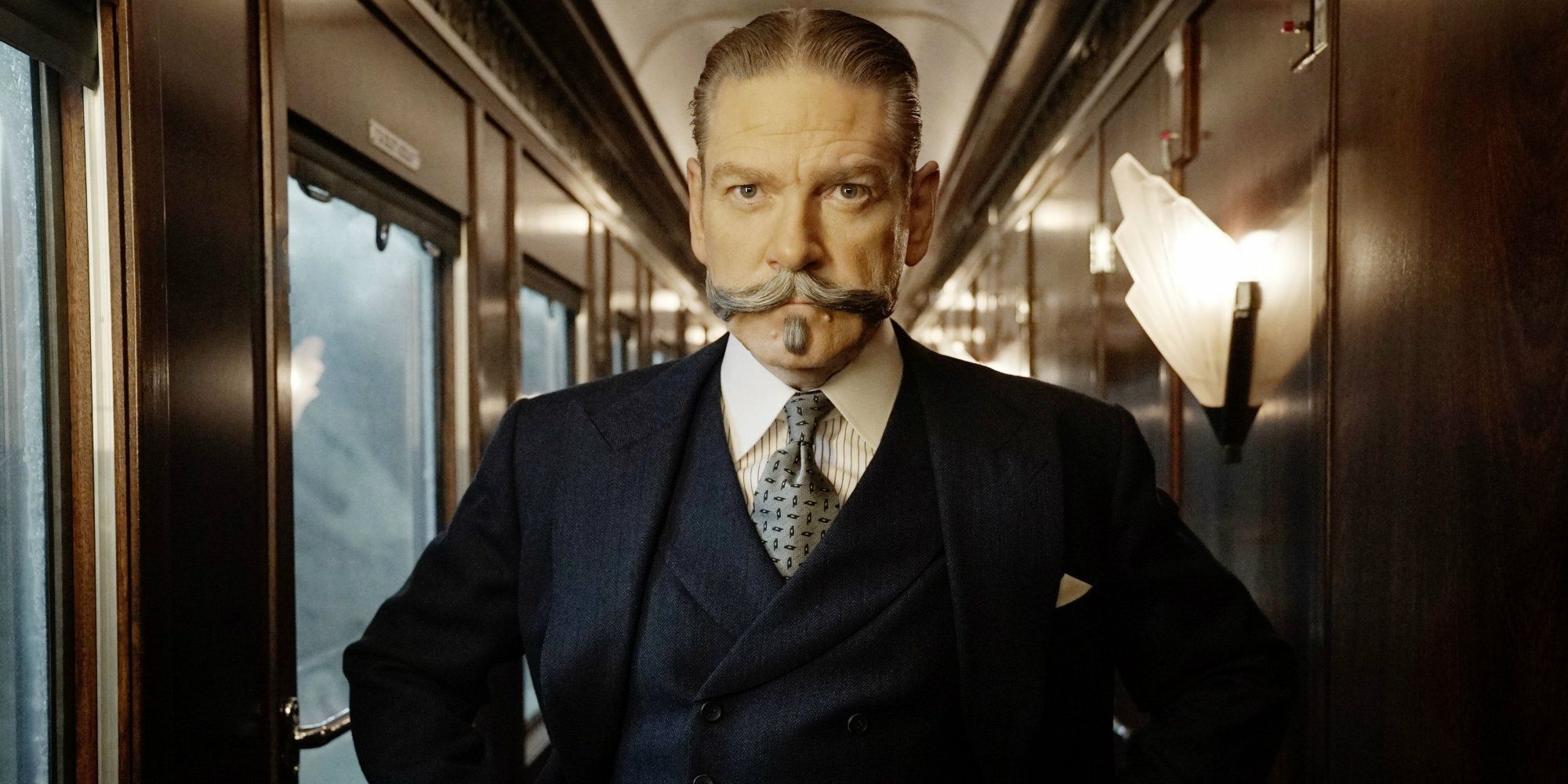Kenneth Branagh has recently received some of the best reviews of his entire decades-long career for Belfast, a deeply personal coming-of-age movie crossed with a historical snapshot of “The Troubles” in Northern Ireland in the 1960s. Inspired by Branagh’s own childhood, Belfast is one of the most moving and engaging moviegoing experiences in recent memory.
With the awards season buzz surrounding Belfast, some critics have declared it to be Branagh’s masterpiece. While it’s certainly one of his finest works, it faces tough competition for that title from some of his previous movies.
Belfast Is The Best
It’s Branagh’s Most Personal Film
According to Variety, Branagh has described Belfast as “my most personal film.” The young protagonist Buddy is a stand-in for Branagh himself and his relatives are stand-ins for Branagh’s own relatives. Buddy’s parents and grandparents are only ever identified as Ma, Pa, Granny, and Pop.
While Branagh is renowned for his take on the Bard’s stories, deeply personal movies like Belfast will always be more profound and engaging than any adaptation.
The Loose Structure Reflects Life
Like another recent gem from a renowned auteur, Paul Thomas Anderson’s Licorice Pizza, Belfast follows a delightfully loose story structure. It isn’t beholden to the traditional beats of a three-act plot; it’s more interested in the interpersonal conflicts within Buddy’s family.
Similar to Licorice Pizza, Belfast uses its loose plotting to reflect the loose flow of life. Buddy’s childhood moves along in ebbs and flows, as complicated and unpredictable as anybody’s life.
The Actors Give Beautifully Naturalistic Performances
On an episode of The Director’s Cut podcast, Branagh joked that the one upside of shooting Belfast during the pandemic was that every actor he wanted for the movie was not only available, but eager to get back to work. Alongside newcomer Jude Hill, national treasures like Judi Dench and Ciarán Hinds give phenomenal supporting performances in Belfast.
There’s a real sense of verisimilitude in the vignettes that make up Belfast’s loosely structured plot. This material allowed the cast to achieve something that’s particularly difficult in film acting: true naturalism. The characters ring true as real people in real situations, because the actors embody them perfectly.
It’s Perfectly Paced
Some of Branagh’s longer Shakespearean adaptations and less acclaimed studio movies have pacing issues, but the director doesn’t waste a second of Belfast’s runtime. The opening scene dives right into both Buddy’s coming-of-age journey and the harrowing historical context.
There isn’t much of a traditional plot in Belfast, but every scene in the film is dedicated to adding depth and humanity to already well-rounded characters.
It Captures Real-Life Tragedies From A Unique Perspective
Set in 1969, Belfast deals with the real-life tragedy of “The Troubles” – violent tensions between Protestants and Catholics – but instead of trying to capture the full scale of the ethno-nationalist conflict in a straightforward historical drama, Branagh tackles the story from a unique perspective.
The Troubles are shown through the eyes of nine-year-old Buddy, who’s too young, naive, and optimistic to understand why there’s so much hatred and violence around him.
Alternatives
Henry V (1989)
With a rare 100% approval rating on Rotten Tomatoes, it’s fair to say that 1989’s Henry V is one of Branagh’s better movies. The success of Henry V is the reason that Branagh became Hollywood’s go-to guy for Shakespeare adaptations.
Branagh dusted off the Bard’s outdated source material and breathed new life into its title character for a film that reintroduced the story to a modern audience.
Much Ado About Nothing (1993)
Branagh’s star-studded adaptation of Much Ado About Nothing – co-starring such A-listers as Keanu Reeves, Emma Thompson, Denzel Washington, and Michael Keaton – is framed as a classic romantic comedy. It’s a surprisingly accessible take on the Bard’s classic play that only Branagh could have pulled off.
To make a successful blockbuster out of Much Ado About Nothing required a filmmaker who understands the deeper meaning of Shakespeare but also understands the components of a crowd-pleasing movie. Only Branagh fits the bill.
Hamlet (1996)
While it wasn’t a box office success, Branagh’s 1996 adaptation of Hamlet was a huge hit with critics. Branagh’s performance was generally considered to be weaker than Laurence Olivier’s widely praised 1948 take, but the movie itself is a much stronger work.
The titular prince is usually presented as a “tragic hero” that audiences should pity, but Branagh’s adaptation – nominated for the Academy Award for Best Adapted Screenplay – depicts him as decidedly unsympathetic within the larger context of regal politics.
Thor (2011)
In Phase One of the Marvel Cinematic Universe, Branagh became one of the early filmmakers who set the tone for the franchise. He introduced Chris Hemsworth’s God of Thunder and Tom Hiddleston’s God of Mischief to audiences (and helped to define the MCU’s humor-driven style) in 2011’s Thor.
The Asgardian sequences take a pseudo-Shakespearean approach to the material – which is apt, given Branagh’s cinematic track record – while the Earthbound sequences have a fun fish-out-of-water quality.
Murder On The Orient Express (2017)
After making an early contribution to the MCU, Branagh spearheaded a cinematic universe of his own with a series of big-budget Agatha Christie adaptations starring himself as her most iconic detective character, Poirot.
Culminating in a doozy of a twist, Murder on the Orient Express is one of Christie’s most celebrated and masterfully crafted murder mysteries. Branagh adapted that story to the screen in dazzling style in 2017.

